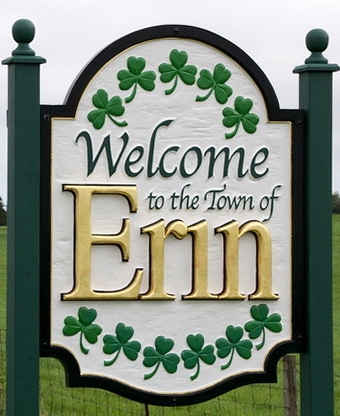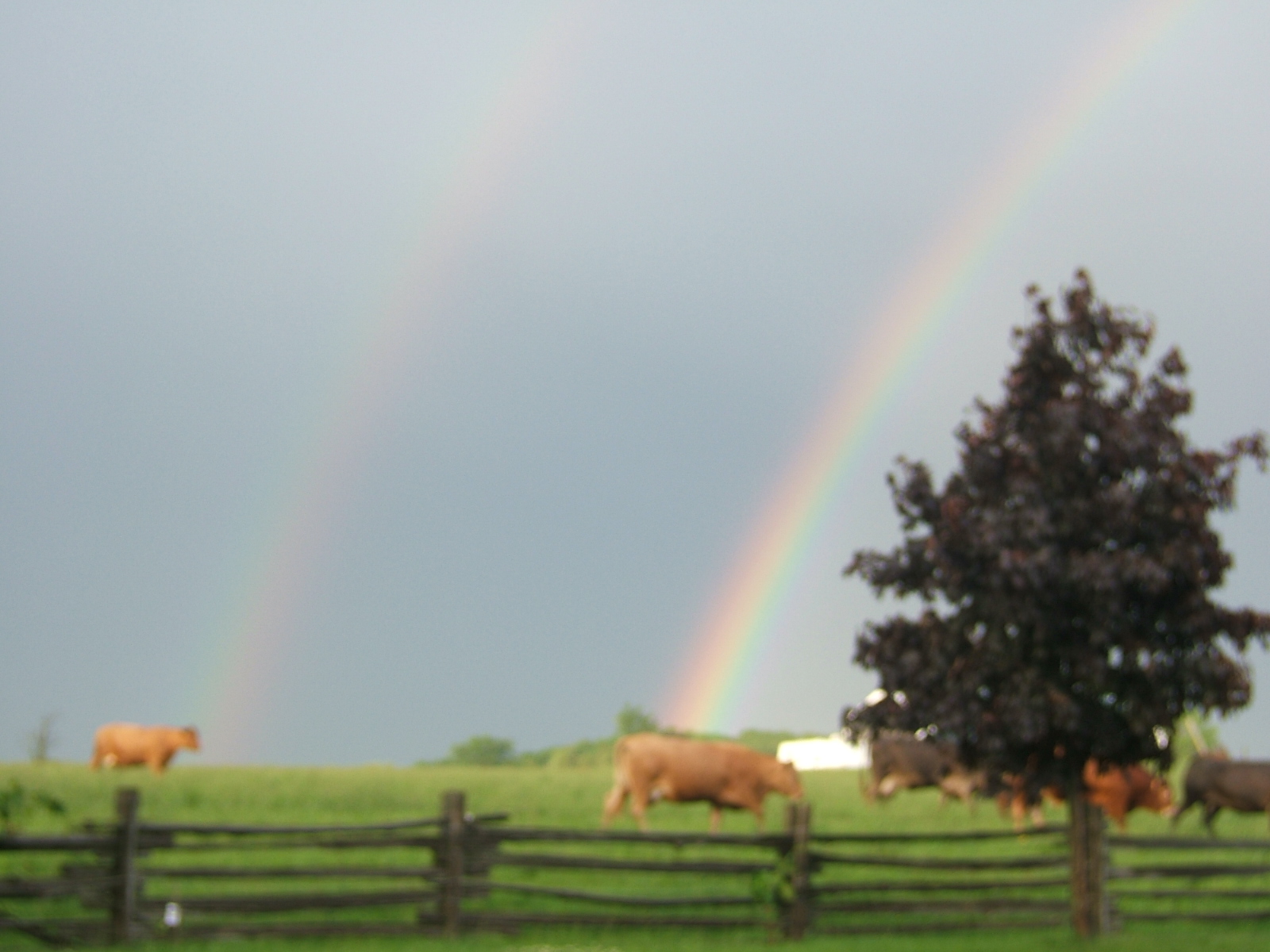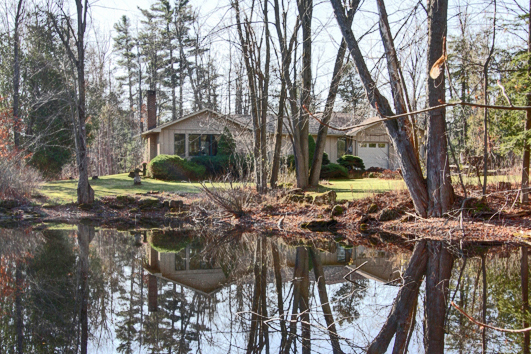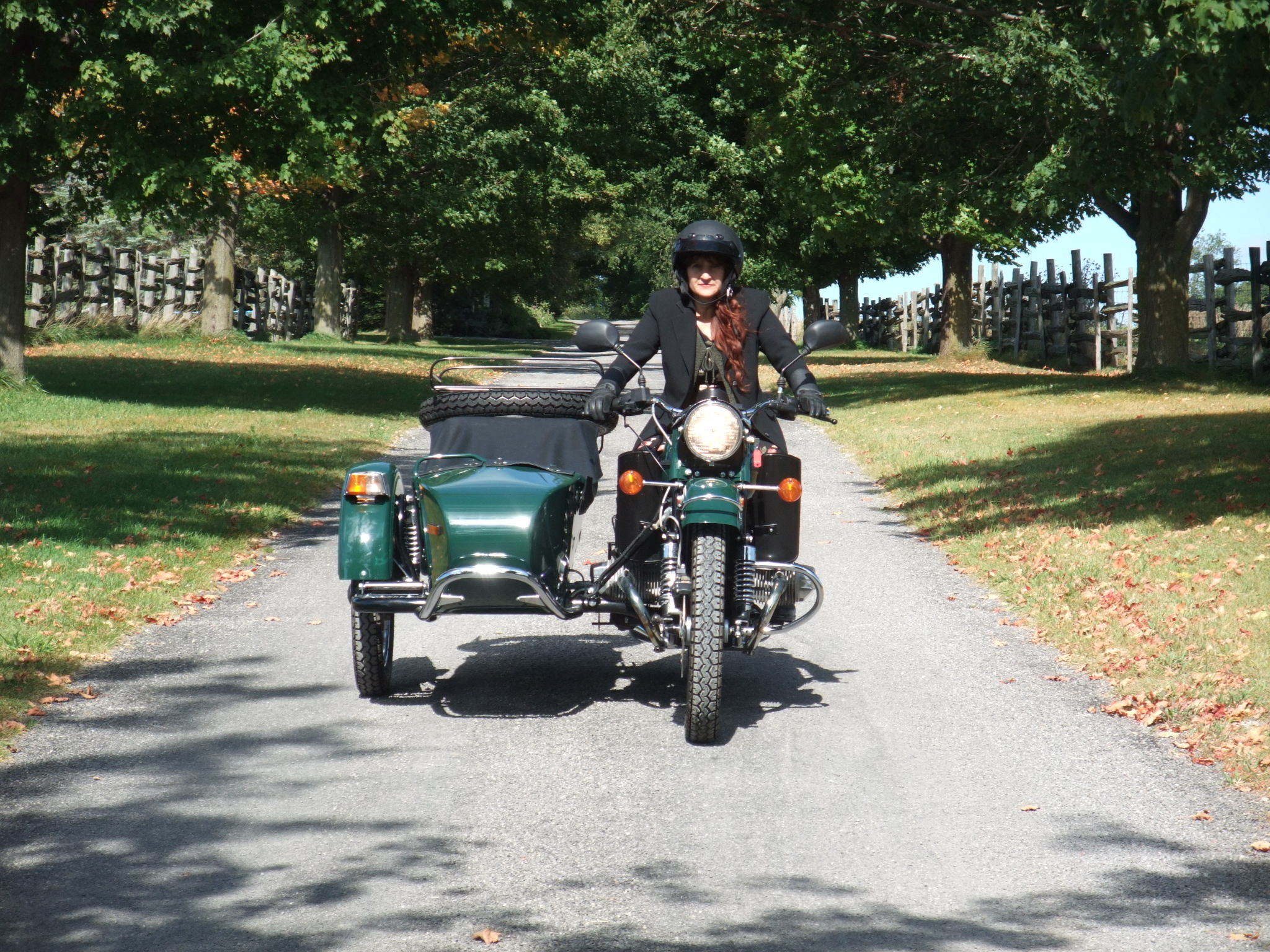No Cookie Cutter – Tips on Buying and Selling Country Real Estate and Rural Properties
Tuesday Nov 01st, 2016
Whether you are searching for the perfect country home or wanting to move from your rural property do your homework to make the best deal and protect your investment. In the spring and fall, for sale signs pop up on the green lawns of the countryside. Growing demand for rural properties means there is lots of buying and selling going on, says Town of Halton Hills and Town of Erin based Denise Dilbey, Broker with Royal LePage Meadowtowne
Tips on Buying Rural Properties
Dilbey says besides using the services of a real estate professional specializing in Country and Farm properties, you may consider the following:
- Ensure your entire family wants to move. Teenagers often don’t like relocating to remote areas, although it has been proven that it can be the best way for them to gain a sense of responsibility.
- Begin searching in the spring or fall so you can see the lay of the land and how the water drains or stays on the fields.
- Research local bylaws. Every township has different permit uses. If you have a specific dream to have livestock or horses make sure local
zoning doesn’t prevent you.
- Determine the distance to the nearest fire department. This may affect your insurance rates.
- Talk to neighbours. Ask about driving times, high-speed internet capabilities and access to schools, churches and shopping. Find out who can help with a tractor if you get struck in mud or snow.
- Check with the local planning office to see if scheduled developments will affect the property you’re considering.
- Get a home inspection done by a certified home inspector.
- If the water is pumped from a well – know what type of system supplies the property. Your REALTOR® should include conditions that will ensure a flow and recovery and portability tests are performed.
- Ensure your REALTOR® knows something about home construction in all age groups. S[he] should be able to spot problems a home inspector will notice, and inform you of potential issues before you make an offer.
- Examine the septic field. Your REALTOR® should know where the field is and how to determine if there are any potential issues that may prevent you from making future changes to the property.
- If you are considering vacant land or farming properties, ensure that your REALTOR® can assist you in getting financing or limitations and restrictions you need to consider.
Tips of Selling Rural Properties
Dilbey says:
- Before listing, sellers should ask their real estate professional if they have expertise in Country and Rural properties. Is the REALTOR® you are hiring able to promote, advertise your property and able to protect your equity?
- Ask your REALTOR® for feedback on which repair or maintenance will yield you the greatest amount on your investment or improve the appeal of the property. Don’t over-renovate. If carpets are outdated or worn, adjust your asking price and let the buyer choose their own flooring.
- Ensure the REALTOR® property brochure includes schools, maps, pictures, items included in the asking price and local driving distances/amenities/area features.
- Gather utility bills, information on restrictions, septic inspections and cleaning records, well data and other relevant materials including a survey.
- Consider curb appeal. Trim brushes, mow lawns, remove junk and old vehicles. Use potted plants to add colour at the end of the driveway. Keep the driveway ploughed in winter.
- If you own animals, ensure your REALTOR® has clear instructions for visitors. This is to protect them and your animals from any harm. Also, acknowledging that your indoor pet produces odors and maybe very important for you to ensure the house is free of any smells.
- Realize that no two rural properties are alike and that buyers may need extra time to decide on purchasing your property. It is very important that your REALTOR® produces excellent marketing materials on your property to help the potential buyer with their purchasing decision.
- Keep yard and house pristine. Most buying decisions are based on what they see on the first visit – don’t let pet smells, mould, garage or clutter influence their judgement of your rural property.
Most importantly, a full-time country REALTOR® knows when it comes to offers to purchase and sale, which clauses can protect you and your investment the best.
With some many urbanites having the dream of owning rural properties, knowing limitations and township restrictions pays. “Meeting buyers and sellers expectations are the most important function of any country real estate profession”, claims Dilbey. If they have specific needs then it’s my responsibility and duty to advise them of the feasibility of them meeting their goals.” Here’s a reality check for both buyers and sellers:
Buyers:
- There are no two homes the same in the Country and Rural properties may take longer to sell. Generally, a country property may be on the market longer and cannot be measured with the same yardstick as City properties. You should not be alarmed if your "dream home" was "for sale" for months rather than days. Some farm properties can be on the market for years waiting for the right buyer.
- Most country properties are serviced by a private well water and septic system, which will save you from paying for municipal water and sewage treatment costs. Many small villages may have Municipal Water hook up available. Knowing how to test for water potabil
ity and what to feed your septic are important to your family's health.
- On average, more country homes are heated by oil, propane, electric or alternative sources such as Geo-Thermal/Solar. Rarely will you find country properties heated by natural gas. Understanding the costs and limitations of each system will help you adjust to Country living.
- All land is not created equal, hence not all are priced the same. Look for Conservation restrictions on properties with old growth forest or waterways. Although you own and pay taxes on your land, some authorities will have jurisdiction on what you want to do or add to your property now or in the future. Also your REALTOR® can assist you on Conservation Tax Land Incentive Credits https://www.ontario.ca/page/conservation-land-tax-incentive-program
- Know that not all REALTORS® have access to the same market information. If you choose a real estate professional for an out of town property, ask if they have access to sales history for the real estate board in the area you are considering a purchase.
- Know where you want to go and how to get there. Save yourself frustration by buying a good road map when going on country drives. Google Maps are great for overall location searches, however sometimes fail to map Canadian country back roads accurately. Always remember that each municipality has a Main Street. To ensure your GPS takes you on the right journey make sure you input the correct municipality. Also, some roads are known to have up to 4 different names. Your Country real estate professional, REALTOR® can help guide you by helping you understand directions of Lines and Side Roads and how they differ in each Municipality or County.
- Some townships or municipalities claim to have only 10% paved roads. School bus routes tend to be ploughed first during winter and paved roads may provide you a faster commuter route.
Sellers:
Rural properties may take longer to sell. Timing, presentation, price and promotion are the four keys to a successful sale. If any one of these key factors be missing, get prepared to have a “for sale” hanging for a while.
- Ask your REALTOR® what their marketing plan is for your property – do not let MLS be the only marketing tools used. All rural properties are unique and require a large marketing budget to properly promote your rural property’s benefits to different markets.
- Ask to see your listing information – check details of what’s included for accuracy. Make sure driving instructions are given and how it’s mapped in the MLS “multiple listing service” to potential buyers
- No one knows your property better than you – work as a team with your REALTOR®r for strategic ways of marketing and promoting your property.
- Be prepared for feedback. Your home is your castle, however, buyers have different opinions and/or no vision to see beyond what they see. Keep a stiff upper lip.
For more details regarding buying or selling rural property, call or email your real estate professional, Denise Dilbey, Broker with Royal LePage Meadowtowne Realty, Brokerage.


 zoning doesn’t prevent you.
zoning doesn’t prevent you. ity and what t
ity and what t



Post a comment